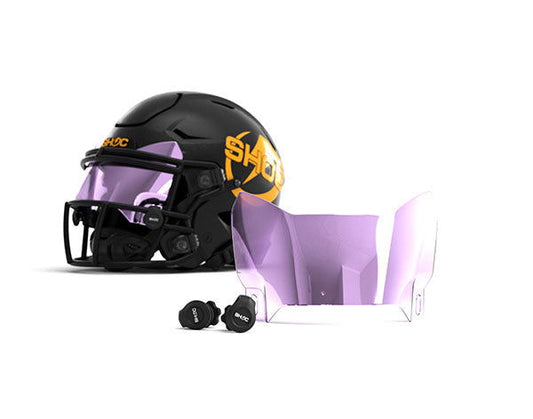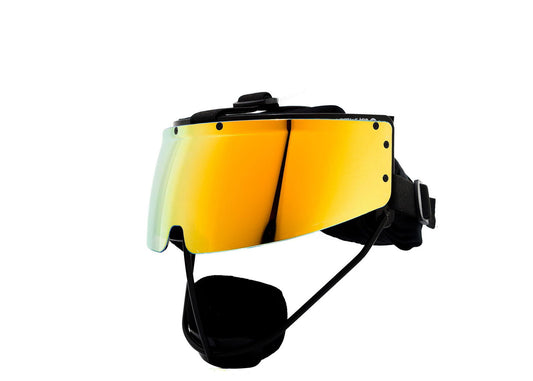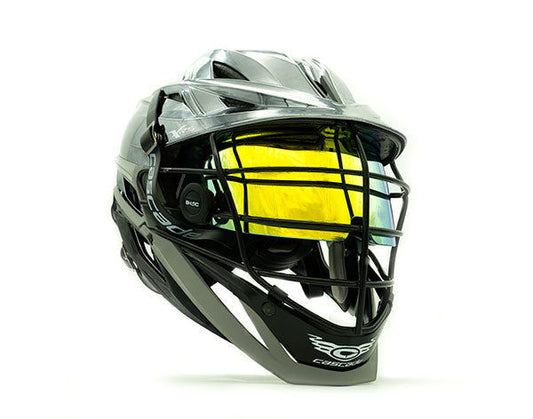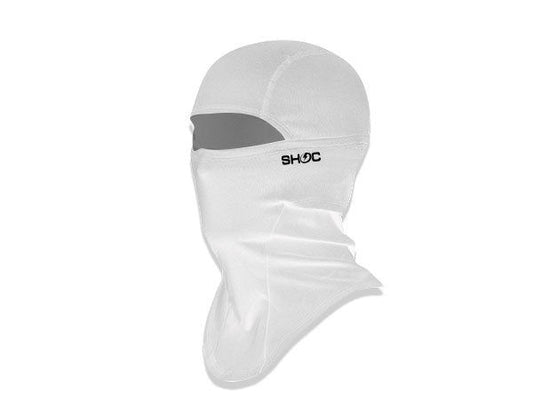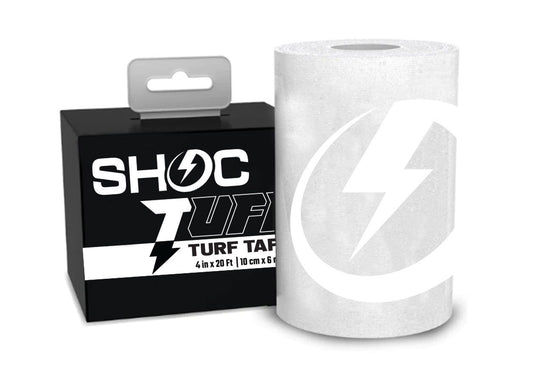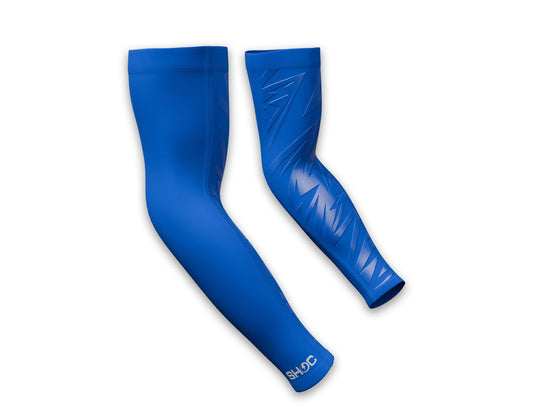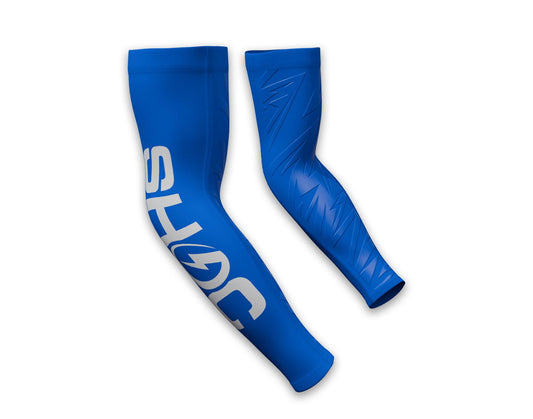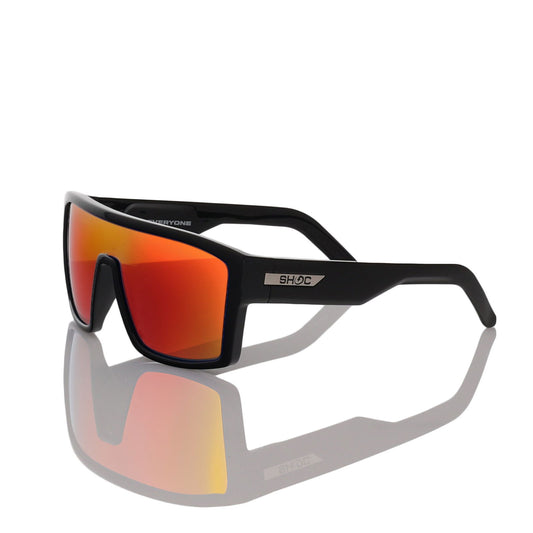Wondering how to get better at football? Build your skills, mindset, football IQ, and physical preparation. Refine your position-specific technique through endless reps and smart drills. Build a winner’s mindset with systems, visualization, resilience, and discipline. Study film, your playbook, and pros to sharpen football IQ. Fuel and recover properly with good nutrition, hydration, and sleep. Finally, strengthen your body with full-body lifts, explosiveness, agility, and conditioning. Put these together consistently, and you’ll level up as a player.
🏈 Develop Skills
Peak strength and speed is ideal, but there are levels to football. Footwork, technique, play knowledge – these are what turn a good athlete into a great one. To get better at football, you need to tighten up all loose ends: from your mindset to footwork.
Position-Specific Drills:
Ask your coach, use A.I., or do research to learn what drill would specifically benefit what you are trying to accomplish." Each position in football demands unique skills and techniques. Linemen, for instance, need to focus on strength and blocking drills, while receivers should emphasize catching and route running. Incorporate drills that mimic the demands of your position to refine your skills and become more effective during games." - sportstarsmag.com
Repetition and Muscle Memory
The best players have put in thousands of reps into the fundamentals. Think about it: every receiver in the NFL has run the same route tree since high school, but it's their sharp cuts and timing make them elite. Run your drills until you can do them in your sleep. This is no different than how a musician masters their instrument. Repeat, repeat, repeat.
Study the Greats
You have a world of resources at your fingertips. Watch technique videos on YouTube, follow trainers on Instagram, and study NFL players who play your position. Steal their techniques. See how Davante Adams releases off the line, how Von Miller bends around the edge, or how Aaron Donald uses his hands. Then go out and practice those moves. Emulating the pros can accelerate your learning (just make sure you’re copying good habits, not bad ones).
Get Quality Coaching
A good coach can spot little flaws in your form that you’d never notice. Even a single offseason at a reputable camp or a few sessions with a private coach can give you new drills and correct bad habits. Don’t have that? Ask your team coaches for extra pointers – show initiative. Coaches love a player who actively wants to improve.
B a student of your position, and treat it like a craft. When talent and technique meet, you become a dangerous player. After all, luck is when opportunity meets preparation.
🏆 Develop a Winner’s Mindset
Football is as much a mental game as a physical one. To get better, you need to train your brain as much as your body.
Set goals and stay focused on them. Whether it’s earning a starting spot, improving your 40 time, or making All-District, write it down and work for it every day. But consider that “You do not rise to the level of your goals. You fall to the level of your systems.” (from James Clear, Atomic Habits)
Big goals are great, but make life easier by breaking the goals down into small, repeatable actions you can do every day.
Set a system that feels automatic. For a beginner example:
-
Workout 4–5 days a week at the same time of day
-
Train for just 40–60 minutes, with your music.
-
Track your progress, even if it’s just notes in your phone
Again, don’t just set goals. Build systems that pull you toward your goals, day by day. That’s how you get better at football — and life.
Visualization
Just like the pros do, practice visualization and positive self-talk. Before games, imagine yourself executing plays successfully: making that big catch, delivering a key block, or drilling a game-winning kick. Visualization helps build confidence and reduce nerves (americanfootballinternational.com.) And if you drop a pass or blow a coverage, don’t spiral into “I suck.” Just shake it off and don't let mistakes corrupt your vision.
Big moments will come – maybe it’s fourth and goal, or you’re down by 5 with a minute left. The athletes who shine then are the ones who can drown out the noise, trust their training, and execute. If you’ve put in the work in practice, then you've already succeeded. To keep a calm mind, some players do breathing exercises on the sideline, while others listen to Future. Find what centers you.
And be resilient. Football, like life, will knock you down. You’ll fumble, throw picks, miss tackles, lose games. Getting better means learning from mistakes and moving on. The best players have short memories for errors – they learn and they keep playing. When you mess up, ask yourself why it happened and fix it for next time. Then it’s flush it and onto the next play.
Lastly, be disciplined and coachable. Great leaders also know how to follow. Show up to workouts on time, pay attention in film sessions, and be willing to take coaching. It’s about having the maturity to do the unglamorous stuff because you trust the coach is doing their job.
🎥 Film Study & Football IQ: Learn the Game
Watching film – of yourself and others – is one of the fastest ways to improve, yet many young players barely do it. Don’t make that mistake. If your team uses Hudl or another system, dive into the footage. If not, have someone record games or even practices on a phone. Seeing yourself on film can be eye-opening (and sometimes ego-crushing). But would you rather cringe then fix issues, or ignore them and never fix them?
Focus on the play-by-play details, especially what you did each snap. Watch your technique, your alignment, your effort – did you take the correct first step? Were your eyes in the right place? Did you loaf when the play went away from you? Be honest with yourself. The camera will show things you missed in the heat of the game (for better or worse). As one coach put it, too many people only look at the big plays instead of every little detail. (viqtorysports.com) But those little details are often what separates a win from a loss.
If you can, study your opponents, too. If you have access to film of the team you’re going to play, learn their tendencies. Do they run or pass in certain formations? What routes does that star receiver favor? Pick up on anything that can give you an edge. This is what coaches do, but players can gain a huge advantage by doing their own homework too. By game day, you can be practically calling out the other team’s plays before they happen.
Another aspect of football IQ is understanding the X’s and O’s – the scheme. Spend time with your playbook. Know not just what your assignment is, but why the coaches drew it up that way. If you’re a linebacker in a certain coverage, understand the weaknesses of that coverage so you know where you might need to help. If you’re a receiver and you recognize a certain defensive coverage, adjust your route or timing accordingly. This is next-level stuff, but start now and you’ll develop a reputation as a smart player.
Lastly, watch college and NFL games not just for entertainment but as a student. See if you can identify the coverage or predict if it’s a run or pass pre-snap. Listen to commentators break down plays. The more you absorb, the more the game will “slow down” for you. Football IQ often separates the varsity starter from the backup with equal physical talent. Be the guy who knows the game inside-out.
🥦 Nutrition & Recovery: Fuel and Heal Like a Pro
You can’t out-train a bad diet or bad sleep. Improving at football isn’t just what you do on the field or in the gym – it’s also how you eat, drink, rest, and recover. Treat your body like a high-performance machine. With premium fuel and regular maintenance.
Eat for Performance:
Focus on a balanced diet with plenty of lean protein (for muscle repair), complex carbs (for energy), and fruits/veggies (for vitamins and overall health). Save junk food for a special occasion. As the experts say, food is functional: if you want to play at your peak, you’ve got to feed your body right. (sportstarsmag.com.)
Recommended Youtube Videos:
- Can't Eat Enough Calories To Gain Muscle?
- The #1 Diet to Lose Fat
- Best Bulking Strategies for Maximum Muscle Gain
Stay Hydrated
This one’s huge, especially in those hot southern summer two-a-days or early season games. Drink water throughout the day, not just when you’re thirsty at practice. Dehydration = poor performance, plain and simple. During intense exercise, you’re also sweating out electrolytes (sodium, potassium, etc.), which are crucial to muscle function and preventing cramps (tyranceorthopedics.com) So consider sports drinks or electrolyte replacements during heavy workouts or long practices. If you’ve ever caught a nasty cramp in the 4th quarter, you know it can make you feel like you got sniped by a sniper. Avoid it by hydrating before, during, and after activity. (sportstarsmag.com)
Prioritize Sleep and Recovery
If you’re serious about football, you must get sleep. Aim for at least 8 hours a night. (sportstarsmag.com.) That’s when your body repairs the muscle fibers you tore up in the weight room and consolidates what you learned at practice. Lack of sleep = slower reaction times, less strength, and higher risk of injury. Along with sleep, build recovery habits: do a proper cool-down after games/practices, stretch out, maybe invest in a foam roller to work out tight spots. Flexibility and mobility work (think dynamic stretching, yoga, foam rolling) will keep you loose and less prone to injury. (sportstarsmag.com) Remember, recovery is just as important as training. (jefit.com) It’s the only way to get the full benefit of your workouts and stay healthy through the season.
Avoid Injuries
Soreness is normal; sharp pain is not. Don’t ignore injury warning signs. The faster you address a tweak or a bruise, the faster you can rehab it and get back to 100%. Sometimes the best move is to take a day off or see the trainer, rather than pushing through and turning a minor issue into a major one. There’s a difference between being hurt and being injured – learn it, and don’t be a tough guy at the expense of your long-term health.
Enjoy Recovery
There are worse things in life than putting on slides and relaxing outside or on the couch. To keep it a consistent habit, make recovery an enjoyable part of your life.
💪 Strength & Conditioning
Before starting your workout plan, remember to
- Lift responsibly—avoid over-lifting & overtraining
- Stretch before and after
- Use progressive overload when strength training.***
Strength can be the difference between saving the day and getting steamrolled. If you don't want to end up on another player's highlight reel, you need to be physically and mentally prepared.
This means lifting heavy and running hard – building strength, size, speed, and endurance all together.
Build Full-Body Strength
Focus on big compound lifts like squats, deadlifts, bench presses, and power cleans. These multi-joint movements engage multiple muscle groups and translate to on-field power (jefit.com.) For example, a strong squat will give you more explosive drive for tackles and blocks. Even quarterbacks benefit – just look at Jalen Hurts, who developed freaky leg strength by squatting ridiculous weights in high school, giving him a unique edge as a dual-threat QB (timesofindia.indiatimes.com.)
Train for Explosiveness
Add plyometrics (jump training) and Olympic lifts to your routine. Exercises like box jumps, bounding drills, and power cleans train your fast-twitch muscles to explode with forcejefit.com. This means faster sprints, higher jumps, and harder hits. That kind of explosive power is what separates average players from highlight-reel athletes.
Don’t Skip Speed & Agility Work
Strength is great, but football demands quick feet too. Make agility drills a priority – ladder drills, cone drills, shuttle runs – to improve your footwork, balance and change-of-direction speed (sportstarsmag.com.) These drills will have you reacting and cutting on a dime, so you can juke defenders or stick with receivers in coverage.
Condition Like Your Season Depends on It
High-Intensity Interval Training (HIIT) and wind sprints are your best friends here. Interval sprints that mimic play intervals (for example, 20-40 yard dashes with brief rest) will build the stamina and mental toughness to keep performing when everyone else is gassed (jefit.comjefit.com.) The truth is, if you neglect conditioning, you’ll be that big, strong dude bent over sucking wind while the game slips away (jefit.com.)
Keep in mind that your training should evolve with your position and body. A one-size-fits-all workout won't work. Linemen might emphasize maximum strength and power, while receivers focus more on speed and quickness, and QBs need core and shoulder work for throwing (jefit.com.)
🤔 What do you want to improve?
Difference positions use the human body differently, so it's important to design an improvement plan that makes sense for you. Think about what is needed for a Quarterback to throw further and be more agile in the pocket, or what is need for a Lineman to block bigger guys or move quicker. Strategize then optimize for your job.
Consider these examples:
Quarterback: Arm strength, pocket mobility, precise footwork
Receiver: Explosive legs, sprint speed, balance for sharp route cuts
Lineman: Hip explosion, stance flexibility, full-body strength and mass
Tip: Use an A.I Personal Trainer
We recommend an A.I. assistant (like chatGPT) to help you develop and maintain a custom workout plan for your specific goals. That way, you can get to work faster with less studying! And it's cheaper than a private coach.
You can even provide your weight, height, and goals to get a meal plan that works for you. You don't need to be Tom Brady with a personal chef to eat right.
* Just remember: when you give AI your personal data (like weight, goals, or location), you’re sharing that info with a tool. Use responsibly and double-check the advice before committing.
Know Your Body Type
Not everyone builds muscle or burns fat the same way. Understanding your body type can help you train and eat smarter:
-
Ectomorph – Naturally slim, struggles to gain weight. Needs to eat more calories and focus on heavy lifting.
-
Mesomorph – Naturally athletic, builds muscle easily. Responds well to balanced training and moderate diet.
-
Endomorph – Stores fat more easily, gains weight quickly. Needs to watch calorie intake and emphasize conditioning.
For getting bigger, losing weight, cutting fat, you need a diet plan that works. And chances are, you need to cut the junk food and any liquid that's not water.
Here’s a basic breakdown of macronutrients to help you start:
-
Protein (chicken, beef, eggs, whey): builds and repairs muscles
-
Carbohydrates (rice, oats, fruit, sweet potatoes): fuels workouts and recovery
-
Fats (nuts, olive oil, avocados): supports hormone health and long-lasting energy
Aim for protein with every meal, clean carbs for fuel, and healthy fats in moderation. Skip the soda and chips. Water is your best friend.
📚Learning to Learn Better
One definition of intelligence is "the ability to understand and learn well," and it's proven that you can learn how to learn better. Below are some books which you can read or listen to improve your ability to learn & develop habits.
- Learning How to Learn - Barbara Oakley
- Atomic Habits - James Clear [My personal favorite]
- Mindset - Carol S. Dweck
Gear & Accessories
For gear, we of course recommend SHOC. Below are some of our most popular football products:
- Microfiber Towel
- Turf Tape
- Football Visors
- SUPER GRIP Compression Arm Sleeves
- Sheisty Masks
- All Products
Other common products for players might also include football gloves and high-performance cleats.
Make It Happen.
You’ve got the tools — now go out there and SHOC the competition. No excuses. All hustle. Let’s make it happen.
Some Sources:
- High school strength program guide jefit.comjefit.com,
- Sports magazine’s football training tips, sportstarsmag.comsportstarsmag.co
- Advice from sports medicine professionals on nutrition and hydration, sportstarsmag.comtyranceorthopedics.com.
Michael Simon






